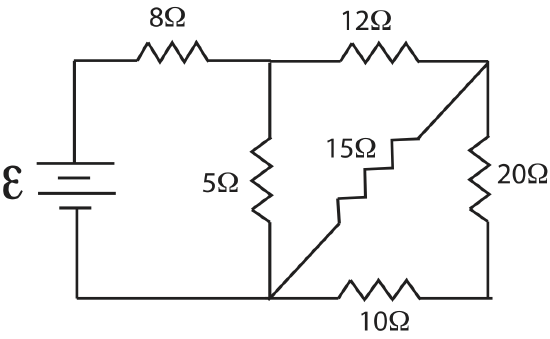What are the common problems in resistors?
Resistors are one of the most fundamental components in electronic circuits, used to regulate the flow of electric current. Despite their simplicity, resistors can experience a range of problems that can impact their effectiveness and cause issues for electronic devices. In this article, we will explore some of the common problems in resistors and the potential causes.

Overheating
One of the most common problems with resistors is overheating. This occurs when the resistor is subjected to a current that exceeds its rated capacity, causing it to heat up beyond its limit. Overheating can cause the resistor to malfunction or even fail completely, which can lead to damage to the entire circuit. This problem is particularly prevalent in high-power applications, where resistors are often exposed to significant amounts of current.
Tolerance issues
Another common issue with resistors is tolerance problems. Tolerance refers to the amount by which the actual resistance of the resistor can vary from its nominal value. Resistors are typically manufactured with a tolerance of 5%, meaning that their actual resistance can vary by up to 5% from their rated value. However, in some cases, the tolerance can be as high as 10%, which can cause significant issues in circuits that require precise resistance values.
Noise
Resistors can also be susceptible to noise, which is the unwanted electrical signal that can interfere with the desired signal. Noise in resistors can be caused by a range of factors, including temperature fluctuations, electromagnetic interference, and physical vibrations. Noise can cause distortion in the signal, which can impact the performance of the entire circuit.
Thermal shock
Thermal shock is another common problem with resistors, particularly in high-temperature applications. Thermal shock occurs when the resistor is exposed to rapid temperature changes, which can cause it to expand or contract at different rates than the surrounding materials. This can lead to cracking or other forms of damage to the resistor, which can impact its effectiveness.
Contamination
Finally, resistors can also be affected by contamination, which can come from a range of sources including dust, moisture, and other contaminants. Contamination can cause the resistance value of the resistor to change, which can impact the performance of the entire circuit. In addition, contaminants can cause the resistor to deteriorate over time, leading to a shorter lifespan and increased risk of failure.
In conclusion, resistors are essential components in electronic circuits, but they can experience a range of issues that can impact their effectiveness. These issues include overheating, tolerance problems, noise, thermal shock, and contamination. By understanding these common problems, engineers and designers can take steps to mitigate their effects and ensure the optimal performance of their electronic devices.
- Previous: Do all circuits need a resistor?
- Next: Do resistors fail over time?

